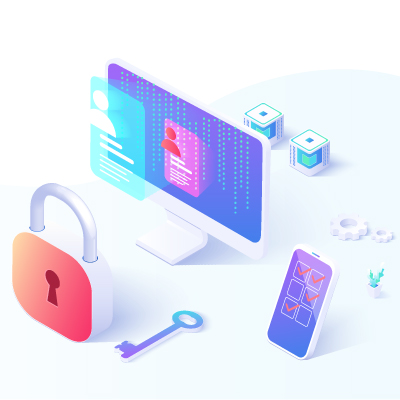The world’s largest ticket retailer is in hot water after their parent company, Live Nation Entertainment filed an 8-K filing with the Security and Exchange commission admitting that they had been hacked to the tune of 1.3 terabytes of information. That amounts to 560 million customers’ personal information that has been stolen from the company’s servers. Today, we take a look at the hack and what it means for consumers.
It was very recently revealed that a global law enforcement effort took down a massive botnet that was in action for almost a decade. In light of this, we wanted to review what a botnet is and how it works, drawing from these events for some context.
We’ve spent the last few weeks discussing ransomware’s impacts on different subsets. First, we discussed how a ransomware attack impacts the customers of the infected business, and then we touched on the infected business itself. To end, we want to touch on ransomware’s impacts on society, specifically regarding economic health and geopolitical security, known as third-order harms.
Data is extremely important in the way that most businesses conduct themselves. This results in other people wanting that information, too. Today’s blog will look at how seemingly everyone online is out for your data.
Have you ever heard of the “man-in-the-middle” attack or MitM? It’s a situation where your data is stolen by an onlooker who situates themselves in the right place at the right time. Data interception is a very real thing that your business should be prepared to fight against. Let’s discuss some strategies you can use to counter these sneaky attacks.







